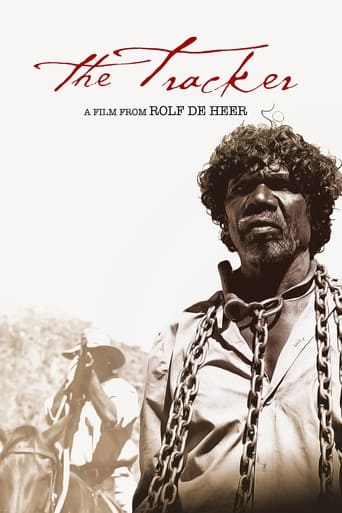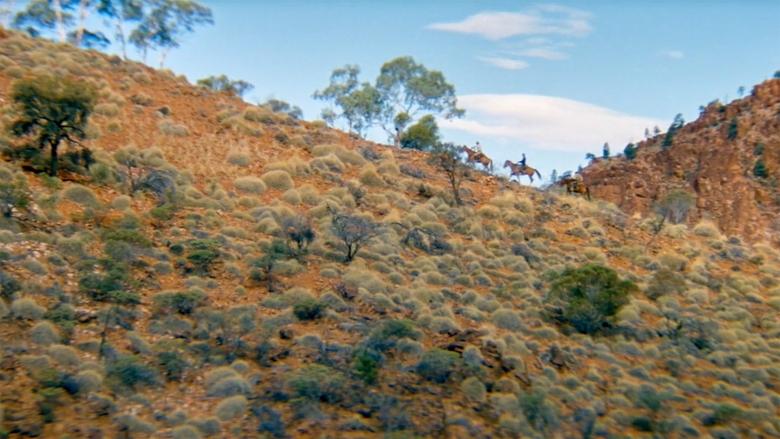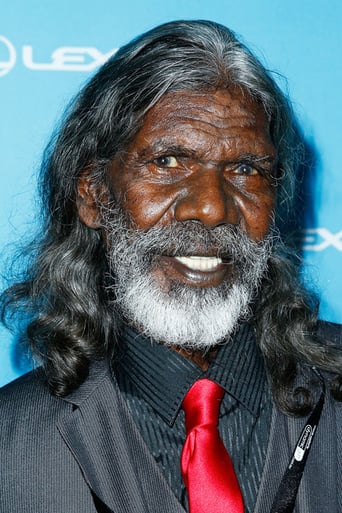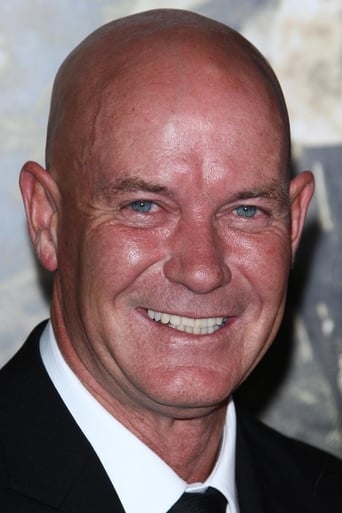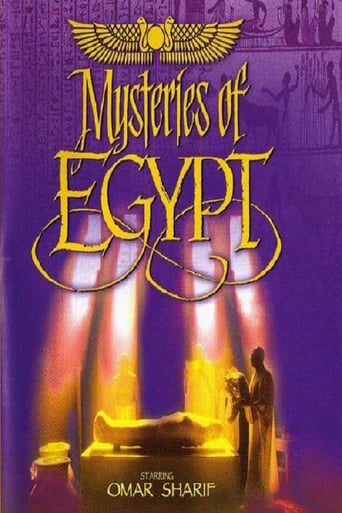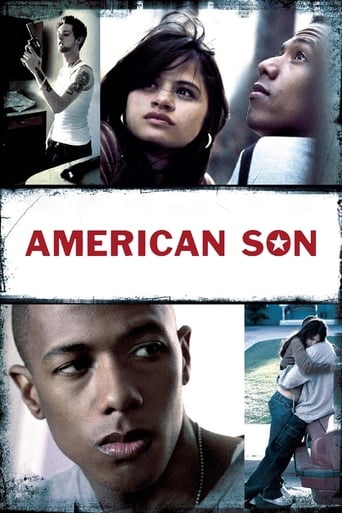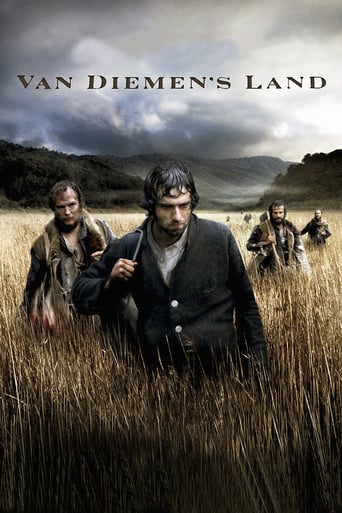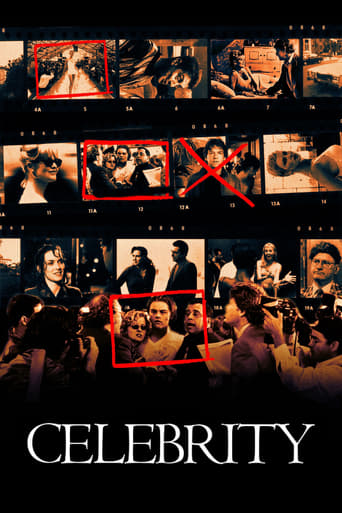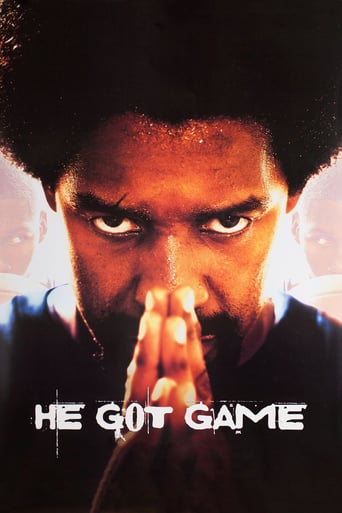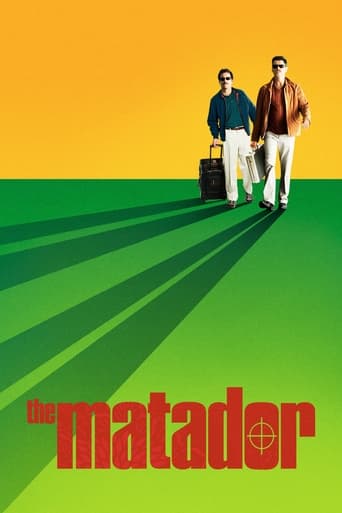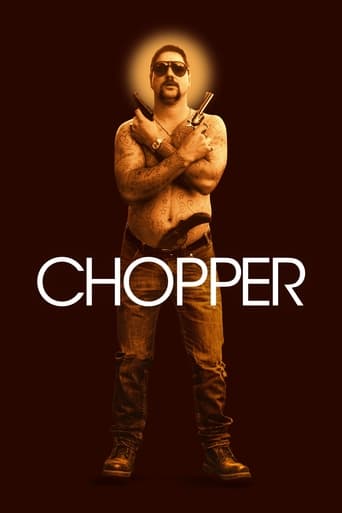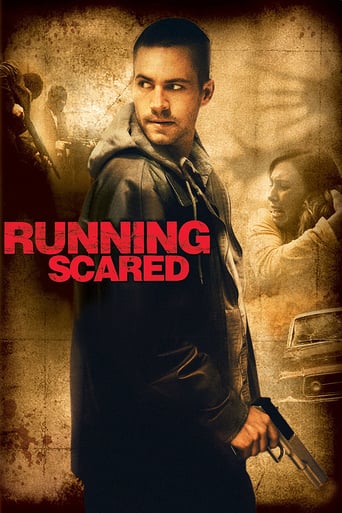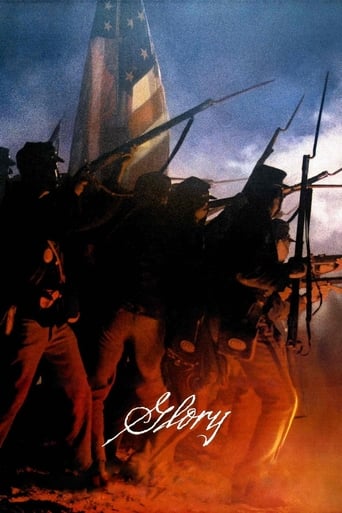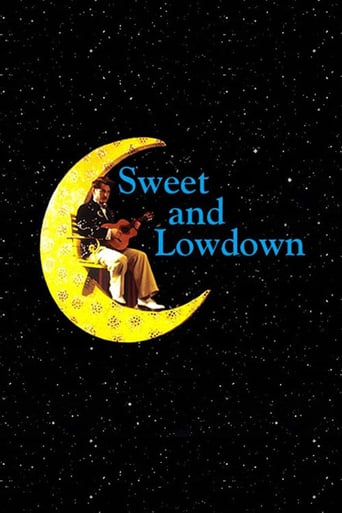The Tracker (2002)
Somewhere in Australia in the early 20th century outback, an Aboriginal man is accused of murdering a white woman. Three white men are on a mission to capture him with the help of an experienced Indigenous man.
Watch Trailer
Cast


Similar titles
Reviews
Dreadfully Boring
A Disappointing Continuation
This movie tries so hard to be funny, yet it falls flat every time. Just another example of recycled ideas repackaged with women in an attempt to appeal to a certain audience.
Great movie. Not sure what people expected but I found it highly entertaining.
This film just oozes 'Australia'. It excels on several levels - the storyline itself, a great suspense thriller in its own right - the commentary on the treatment of the indigenous peoples at the hands of the whites - and finally, but certainly not least, the incredible natural beauty of the Australian outback. Intertwined in this is a fabulous sparse dialogue at ofttimes delivered with biting humour. David Gulpilil is nothing short of a national treasure - you won't see better than this anywhere, period! Gary Sweet needs no introduction and is, as always, brilliant. Damon Gameau gives an truly outstanding performance as the 'wet behind the ears' new recruit. The soundtrack features many haunting songs by Aboriginal singer Archie Roach - some may find it a little harsh and invasive at times. It would certainly be interesting to experience this movie with nothing but the sounds of the Australian bush. Without any doubt one of the best best Australian movies ever made!
Okay, this movie has an interesting and gripping plot that can easily be done from start to finish in about half-an-hour. David Gulpilil is his usual, wonderful self, and carries this film. He plays a tracker, as part of a 1920's manhunt, led by a brutish territorial policeman, a rookie, and an older man. Gulpilil, although a free civilian, is treated more like a prisoner, eventually getting chained to the police commander, who doesn't trust any aboriginals.The commander orders a massacre of innocent aborigines, spews all sorts of racist comments on how Aborigines are murderous animals that cannot be trusted, and bullies all of his companions, even killing a wounded man just so the mission will not be slowed down. Eventually, the harsh Australian outback gets the best of them, and Gulpilil performs an act of frontier justice that is really satisfying when it comes.My only complaint about this movie is that it is padded out to 90 minutes by endless montages of the team walking through the outback. The scenes are accompanies by the same couple of songs about the suffering of Aborigines, which we hear over and over again, because there are a lot of slow, walking montages. The actual dialog and drama in this film, as I said previously, would only take half-an-hour if these montages were eliminated. This really makes the film slow and boring.However, the film is not unbearable, and actually has good drama, if you are patient. The character-study is well done, and the issues of racism and justice are explored very eloquently. The ending is very predictable, but still manages to have a surprise twist to it. The movie is worth seeing, but only if you have the patience. As I said, it's very padded with long montages that may bore many people.
It gets off to a slow start. On horseback in the Australian desert, three white men representing officialdom follow close behind an aboriginal man on foot, "tracking" another aborigine wanted for killing a white woman. There's no character development, no explanations, no music ... just four men plodding along in silence.But the plot gradually picks up as the four men encounter frustrations and problems along the way. This film is unusual in that, from start to finish, it takes place entirely outdoors. The stunning cinematography not only captures the stark beauty of a rugged and unforgiving land, but also creates some memorable cinematic art, most notably the profile of a man, whose corpse dangles in the wind against the background of a bright yellow sun.For a film about "tracking", the script has little to say about real life tracking skills. At one point the tracker stoops down to notice one small rock that has apparently been moved. The tracker then uses this stone to conclude that the stalked man has recently been here. But how does the tracker know the rock's disturbance was the result of the wanted man, rather than some passing wild animal, or a local aborigine? The tracker doesn't explain, and his three white boss men don't ask.But the film is not really about "tracking". It's about politics and philosophy. The lead white man is repulsive in his violence and racism. He whips and chains the tracker, and verbally abuses him. Yet, to accomplish his mission, the boss man needs the tracker. The film's theme thus centers on how imperialistic, militant whites overpower natives of a country to get what the whites want, with the help of guns, of course. It's a frequent theme throughout human history, and in its application to American history it is known as "manifest destiny".Reinforcing this theme is the film's haunting soundtrack. I especially liked the visceral "All Men Choose The Path They Walk". The music adds emotional and philosophic depth to the story, as do aboriginal drawings, or sketches, that figuratively show what is happening, when the film's plot turns violent. The film's casting and acting are fine. David Gulpilil is himself an aborigine, and does a good job as the tracker.This is an unusual film in that there is not one single scene that takes place indoors. It has a political theme that runs deep, enhanced by haunting music. Although "The Tracker" gets off to a slow start, it build tension en route to a powerful ending. It's a film that would appeal to viewers looking for something a little different, as well as those interested in cultural history or outdoor adventure.
I watched this wonderful film last night on television after having, unfortunately, missed it during its house release several years ago. Even though it would have been far better to see the beautiful cinematography on the big screen I was still moved and highly impressed with this historically insightful look under the carpet of our history.It is an interesting coincidence that I watched The Proposition several days ago and was able to watch The Tracker last night-both films, although separated by roughly fifty years, still circle the same historical period in that they both deal with Australia's adolescence and it is this historical backdrop that binds these films together in my mind.If a film returns to my thoughts after I have watched it, regardless of the geographical setting or the chronological period, that film is successful by my standards and if you wakeup the next morning replaying scenes of the film then it certainly is a winner-that is exactly what happened this morning. De Heer's script and direction created a haunting movie. The subtlety of the nuances made for a deeply intellectual journey through the tracks of these different people embroiled in activities beyond their understanding. Is this the paradigm of human existence? De Heer is to be congratulated for writing a scrip dealing with historical topics generally bypassed by commercial film makers and then directing that film with such sensitivity and understanding. It is rare to see a film that paints such a critical view of the relationship of the Aboriginal people and the close-mindedness of the Anglo settlers during that first century of contact. The definitive film about this contact has yet to be made and I for one anxiously await its production. We know so little, even if we make a concerted effort to locate the sources, about this early period of racial interaction. In the history of the world has there been such a diametrically antagonistic confrontation between peoples? The accuracy of this contact drama seems to have been lost because of the very nature of the discontinuity between these peoples. De Heer attempted to redress this lack of information and due to the brilliance of his insights, as well as the brilliance of the cast, we the audience are the better for having watched their work.

